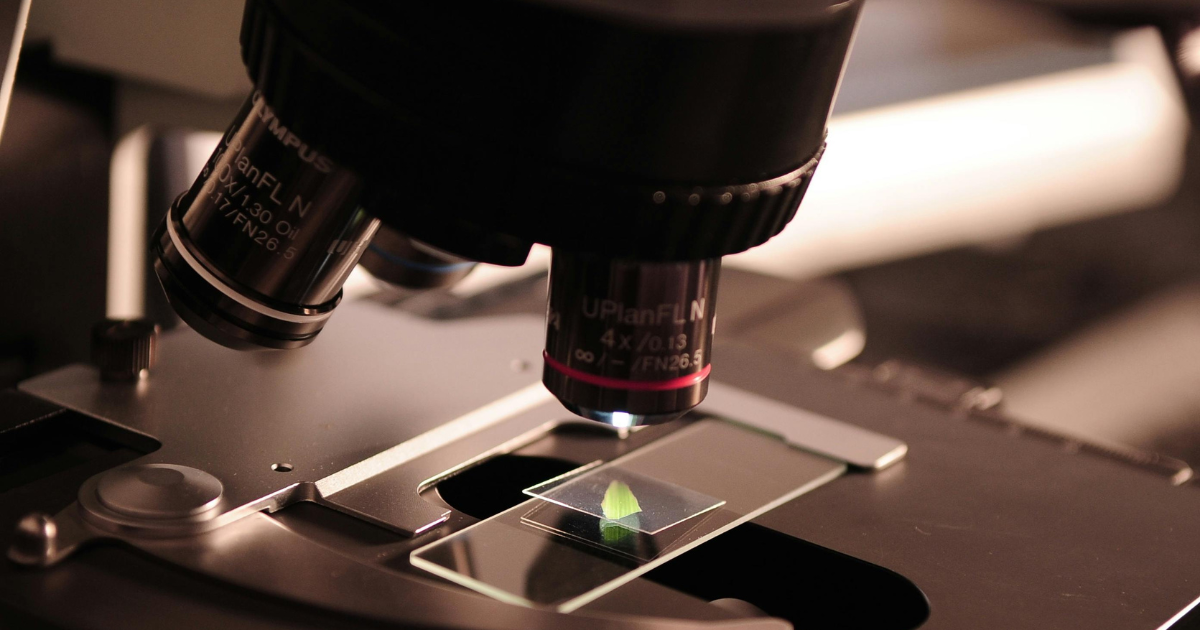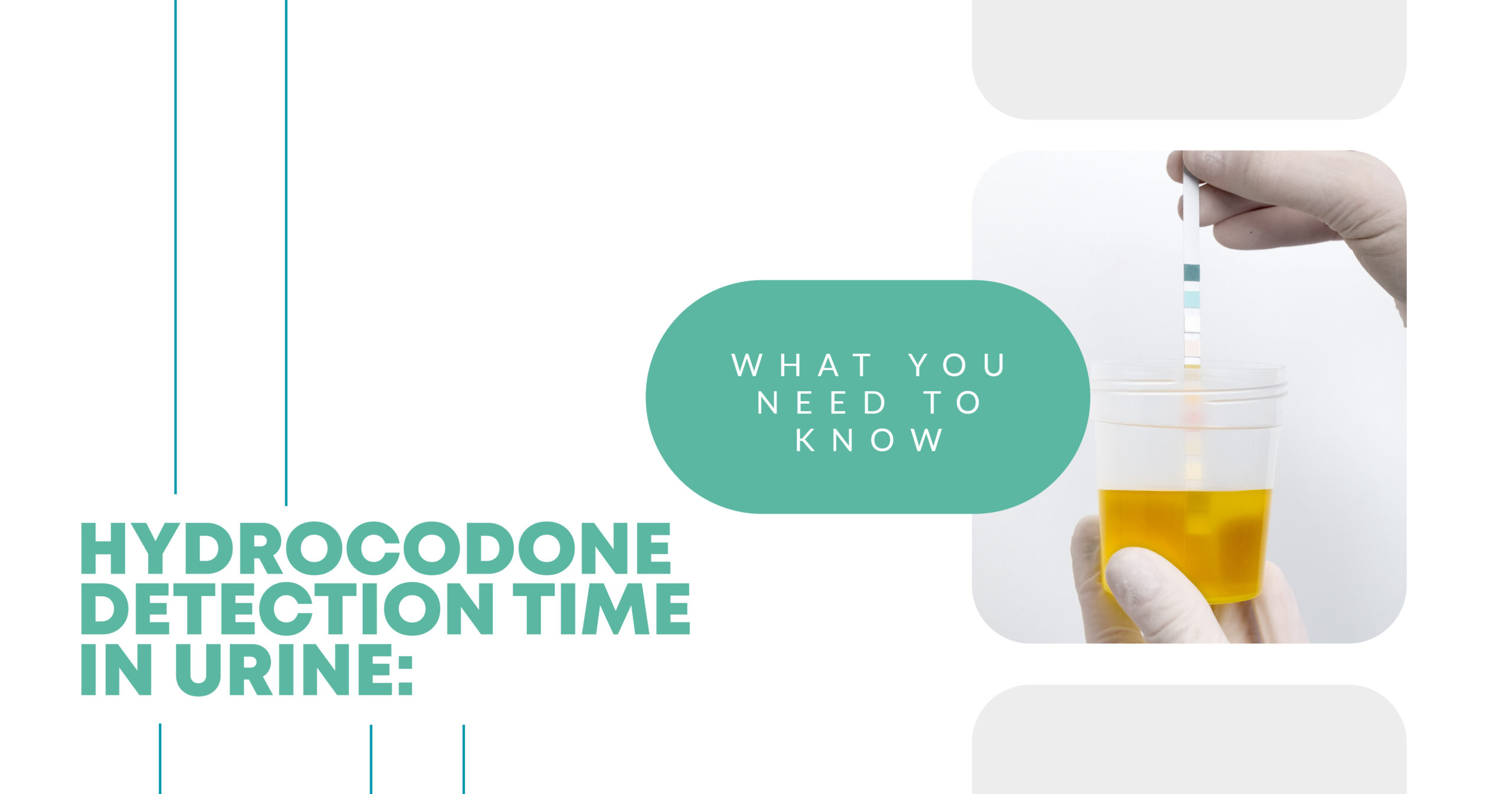Have you ever been in a situation where you thought you were just dying in pain? This may be because of an extensive workout, the pain you experience right after an accident, or post-surgery pain. And when you are enduring pain, you are already looking forward to better options other than natural remedies and therapies at home, as they are slow and not very satisfactory.
Now, instead of contacting your healthcare physician, you start to look for a painkiller on the internet, where you find multiple opioids. Still, the one that caught your attention was Hydrocodone. Well, that often happens! With easy access to online drug stores and the information available online, consumers can make informed decisions.
But sometimes, taking medicine or a drug without a doctor’s prescription can cause various risks, such as overdose or dependence. In this blog post, we will help you understand how long hydrocodone stays in urine during a drug test, its impacts, detection time, metabolism, and more! Let’s get into it!
How Long Does Hydrocodone Stay in Urine: Drug Test and Detection Time
When an individual consumes a prescription painkiller like Hydrocodone, the body remembers the use even when the pain fades away. This is because the drug/medicine that any individual consumes may leave traces of it in the body even if the effect of the drug is gone.
This is the primary reason why people get surprised when they fail a drug test, even though they might have stopped taking that particular drug or medicine way before. So now you might be wondering how long Hydrocodone stays in urine.
Usually, any urine drug test can help detect the presence of hydrocodone for about 2 to 4 days after the last dose. However, there are cases where people might have been taking Hydrocodone for years or in larger amounts. Therefore, it may appear in a urine drug test even after weeks of usage.
Now, your mind might get stuck on why it takes this long to eliminate the drug. The answer is very simple: the body needs time to break down the drug and remove it from the body through the urination process, sweat, and other excretory glands. But urine tests have been proven to be the most reliable way to detect Hydrocodone in urine. If you need to know more about how the body processes opioids like hydrocodone, you can scroll through a guide provided by MedlinePlus.
Decoding: Hydrocodone in Drug Testing
Hydrocodone is a prescription-based opioid known for pain management and relief. Many doctors and health care workers prescribe this medicine for pain after surgery or injury. However, it is a controlled drug, and many places test for it, such as rehab centers, schools, and sometimes even the court system. Let’s explore how Hydrocodone works in your body and how that effect shows up in the drug test.
Metabolism of Hydrocodone and Its Impact on Detection
After Hydrocodone enters the body, it is processed by the liver. The liver breaks down the drug into small metabolites of Hydrocodone, a process known as metabolism.
Once the liver converts the Hydrocodone into small chemicals known as metabolites, the kidneys process these small chemicals and eliminate them from the body through the urine pathway.

Urine analysis will detect these small chemical particles. Even if you no longer feel the effects of the medicine, some of it will stay in your body in the form of metabolites.
Half-Life of Hydrocodone and Its Role in Drug Tests
The half-life of a drug is the time it takes for the body to eliminate half of the drug. The half-life of Hydrocodone is about 3 to 4 hours, but that doesn’t mean it’s going to be completely excreted from the body.
Therefore, it would take various half-lives to remove all the drug metabolites from the body. So if you take Hydrocodone once, it might show on a drug test even after a few days as well.
Factors Affecting the Duration of Hydrocodone in the System
The results vary person to person, and not every individual gets the same result on the drug test, even if they consume the same amount of hydrocodone. For this reason, many factors matter in how your body breaks down and removes Hydrocodone.
Important factors are stated below in the table:
| Age | In older individuals, the drug takes longer to process in comparison to young individuals. |
| Weight and Body Fat | Hydrocodone takes longer to leave the body with more fat deposition than with less fat. |
| Kidney and Liver Health | The drug’s elimination is primarily dependent on the health of the kidneys and liver. If either one malfunctions, the drug will take longer to be processed and be eliminated from the body. |
| How Often Consume | The more frequently it is consumed, the more time it will take to be removed from the body. |
| Dosage | The dosage plays a vital role – a high dosage will take longer to eliminate than a small or prescribed dose. |
| Hydration and Diet | An individual’s hydration levels and diet are directly proportional to the amount of drug flushed from the body. |
Urine Analysis and Detection Time for Hydrocodone
One of the popular ways to test for hydrocodone is urine analysis. It is one of the simplest and easiest methods to detect the drug, even after a few days of consumption.
The standard detection time for Hydrocodone in urine is stated below:
- Single Use. 1 – 3 days.
- Frequent Use. 3 – 7 days.
Always keep this in mind – the exact time for the urine analysis is dependent on the individual. But if you are still wondering how long does Hydrocodone stays in urine, the safest assumption is that it will last 2–4 days for most people. If you are still curious about how drug testing works and why it’s effective in drug detection, check out SAMHSA’s drug testing guidelines.
Excretion of Hydrocodone and What It Means for Drug Tests
The body can remove any drug or hydrocodone only through excretion, mainly through the urinary system. Once the liver processes the drug into metabolites and completes the metabolism process, your kidneys filter it out and send it to your bladder.
In most cases, the drug passes out of the body after one day, but traces or small amounts of it stay for a longer time in the body. That’s why a urine drug test is very beneficial. It can help you identify the small amount you may not believe is still there.
Implications of Prescription Medication on Drug Testing Results
If you are planning on getting the drug test done, it is essential to inform your lab expert that you have been consuming Hydrocodone on a prescription. Although this drug is legal with a prescription, it can still show positive results on the test report.
In a medical and health care setting, honesty and documentation matter a lot. Before doing a urine drug test or any other test, you must take your prescription to ensure clarity in case of a positive report. But if the urine analysis shows positive hydrocodone, the lab expert will know it came from a safe and legal source.
Get Help From Opus Health for Hydrocodone Recovery
If you are someone who is struggling with Hydrocodone dependence or someone you know is worried about the drug test, you are not alone in this. There are various cases when it comes to Hydrocodone. People often start drugs with a prescription and then find it hard to cease use.
At Opus Health, we are here to help you at every stage of your journey. We provide you with various medical detox plans to personalize and counselling that can help you live a dependence-free life. All that is in a safe, secure, and supportive environment.
You don’t have to face Hydrocodone dependence or addiction with shame. Visit us today or fill out the form to discuss the detox and recovery plans.

FAQs
How does the metabolism of hydrocodone influence its detection time in a urine drug test?
Well, various factors influence the detection time of Hydrocodone in the drug test. But it is mainly dependent on the body’s ability to break down the drug faster and how soon it leaves the system. The slow metabolism makes it longer for the body to detect.
What is the half-life of hydrocodone and how does it affect its presence in a drug test?
The half-life of Hydrocodone is basically the elimination of 50 percent of the drug from the body. The body takes about 3 – 4 hours to complete the half-life of Hydrocodone. This means it can show up in the urine drug test even after a few days.
Which factors can alter the duration hydrocodone stays in the system for urine analysis?
As discussed above, various factors influence the duration of Hydrocodone stay in the system for urine analysis. These factors include age, liver and kidney functioning, hydration level, and diet.
How does the excretion process of hydrocodone impact its detection in urine drug tests?
Most hydrocodone leaves the body through urine, which can take a few days. This slow removal allows small traces to remain in the body, so urine drug tests effectively detect it.
Can prescription medication use influence the outcome of a hydrocodone urine drug test?
Yes, using hydrocodone as a prescription medication can still cause a positive test result. It’s important to share your prescription with the testing center. This helps avoid confusion or misinterpretation of the drug test results.












